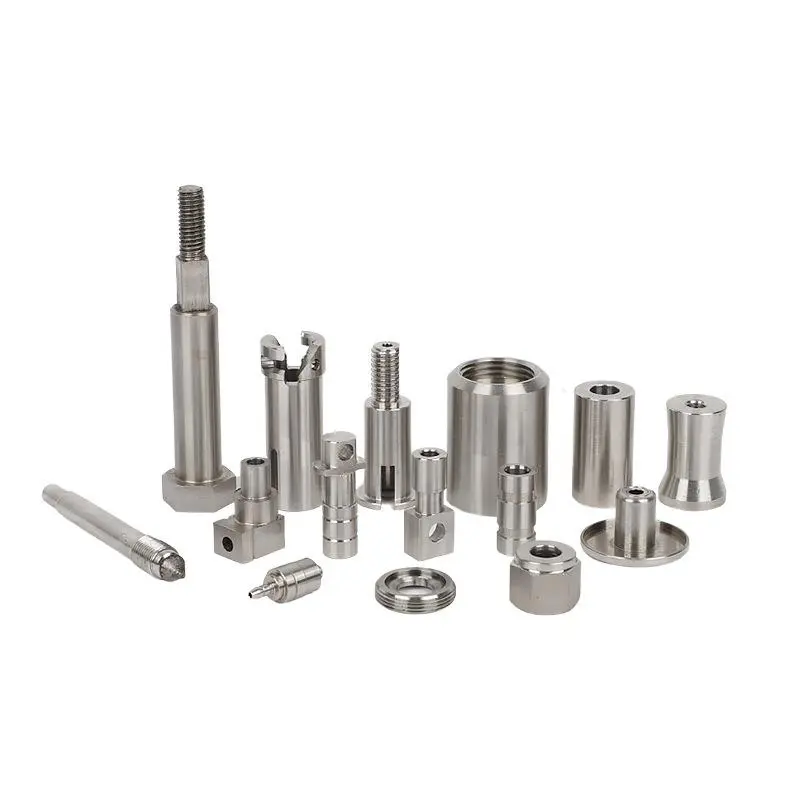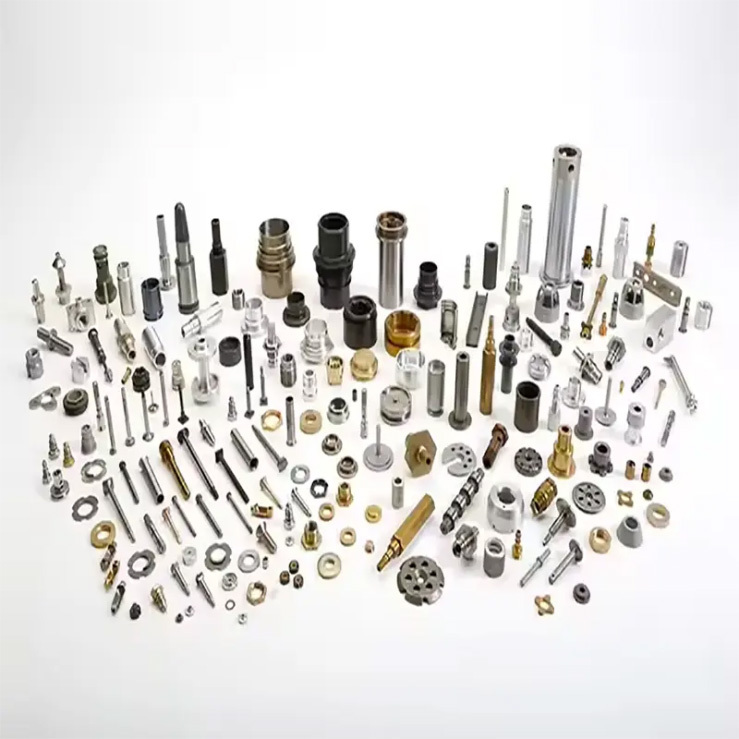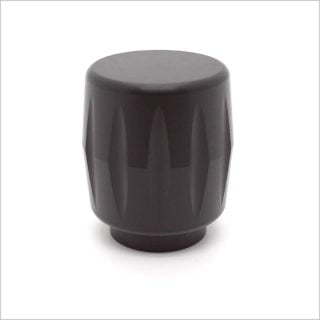The Essentials of Machined Parts in Modern Manufacturing
Published Time:
2025-10-13
In today's fast-paced manufacturing landscape, the demand for precision and efficiency has led to the widespread use of machined parts. These components form the backbone of various mechanical assemblies, playing an indispensable role in ensuring operational efficiency and product reliability. Understanding machined parts is crucial for manufacturers looking to optimize their processes and improve their offerings.
Machined parts are created through various manufacturing processes, including milling, turning, drilling, and grinding. These techniques allow for the precise shaping of raw materials, such as metals and plastics, into specified dimensions and tolerances. The accuracy achieved in machining is vital, as even minor deviations can lead to significant performance issues in the final product. Industries such as automotive, aerospace, and consumer electronics heavily rely on machined parts to meet stringent quality standards.
One of the primary benefits of using machined parts is their versatility. They can be designed to fit a wide range of applications, from simple brackets to complex assemblies. This flexibility makes them ideal for both small-scale production runs and large-scale manufacturing. Additionally, advancements in computer numerical control (CNC) technology have further enhanced the capabilities of machining processes, allowing for greater customization and efficiency.
Another important aspect of machined parts is their role in the overall manufacturing supply chain. These components often serve as critical interfaces between different systems within machinery. Their proper functioning can significantly impact the efficiency of operations, reduce downtime, and extend the lifespan of equipment. By investing in high-quality machined parts, manufacturers can ensure that their machines operate smoothly and reliably.
When sourcing machined parts, it is essential to consider factors such as material selection, tolerances, and surface finishes. The choice of material can affect the durability and performance of the parts. For example, aluminum is lightweight and corrosion-resistant, making it suitable for various applications, while steel offers strength and hardness for more demanding environments. Additionally, understanding the required tolerances is crucial, as this will determine the machining processes needed and the resulting costs.
In conclusion, machined parts are a vital element of modern manufacturing processes. Their precision, versatility, and critical role in machinery underscore their importance in ensuring product quality and operational efficiency. As technology continues to advance, the capabilities of machined parts will likely expand, providing manufacturers with even more opportunities to enhance their production lines. By prioritizing the quality and specifications of machined parts, companies can position themselves for success in an increasingly competitive marketplace.
Machined parts are created through various manufacturing processes, including milling, turning, drilling, and grinding. These techniques allow for the precise shaping of raw materials, such as metals and plastics, into specified dimensions and tolerances. The accuracy achieved in machining is vital, as even minor deviations can lead to significant performance issues in the final product. Industries such as automotive, aerospace, and consumer electronics heavily rely on machined parts to meet stringent quality standards.
One of the primary benefits of using machined parts is their versatility. They can be designed to fit a wide range of applications, from simple brackets to complex assemblies. This flexibility makes them ideal for both small-scale production runs and large-scale manufacturing. Additionally, advancements in computer numerical control (CNC) technology have further enhanced the capabilities of machining processes, allowing for greater customization and efficiency.
Another important aspect of machined parts is their role in the overall manufacturing supply chain. These components often serve as critical interfaces between different systems within machinery. Their proper functioning can significantly impact the efficiency of operations, reduce downtime, and extend the lifespan of equipment. By investing in high-quality machined parts, manufacturers can ensure that their machines operate smoothly and reliably.
When sourcing machined parts, it is essential to consider factors such as material selection, tolerances, and surface finishes. The choice of material can affect the durability and performance of the parts. For example, aluminum is lightweight and corrosion-resistant, making it suitable for various applications, while steel offers strength and hardness for more demanding environments. Additionally, understanding the required tolerances is crucial, as this will determine the machining processes needed and the resulting costs.
In conclusion, machined parts are a vital element of modern manufacturing processes. Their precision, versatility, and critical role in machinery underscore their importance in ensuring product quality and operational efficiency. As technology continues to advance, the capabilities of machined parts will likely expand, providing manufacturers with even more opportunities to enhance their production lines. By prioritizing the quality and specifications of machined parts, companies can position themselves for success in an increasingly competitive marketplace.
NewsCenter
Beijing Pafinal Precision Machinery Co., Ltd.
Email:sales@pafinal.com

Address: No. 239 Huanhe South Road, Tianjin Pilot Free Trade Zone (Airport Economic Zone), Tianjin
中企跨境-全域组件
制作前进入CSS配置样式
sales@pafinal.com:
Whatsapp:
在线客服添加返回顶部
图片alt标题设置: PAFINAL
表单验证提示文本: Content cannot be empty!
循环体没有内容时: Sorry,no matching items were found.
CSS / JS 文件放置地




 2025-10-14
2025-10-14


